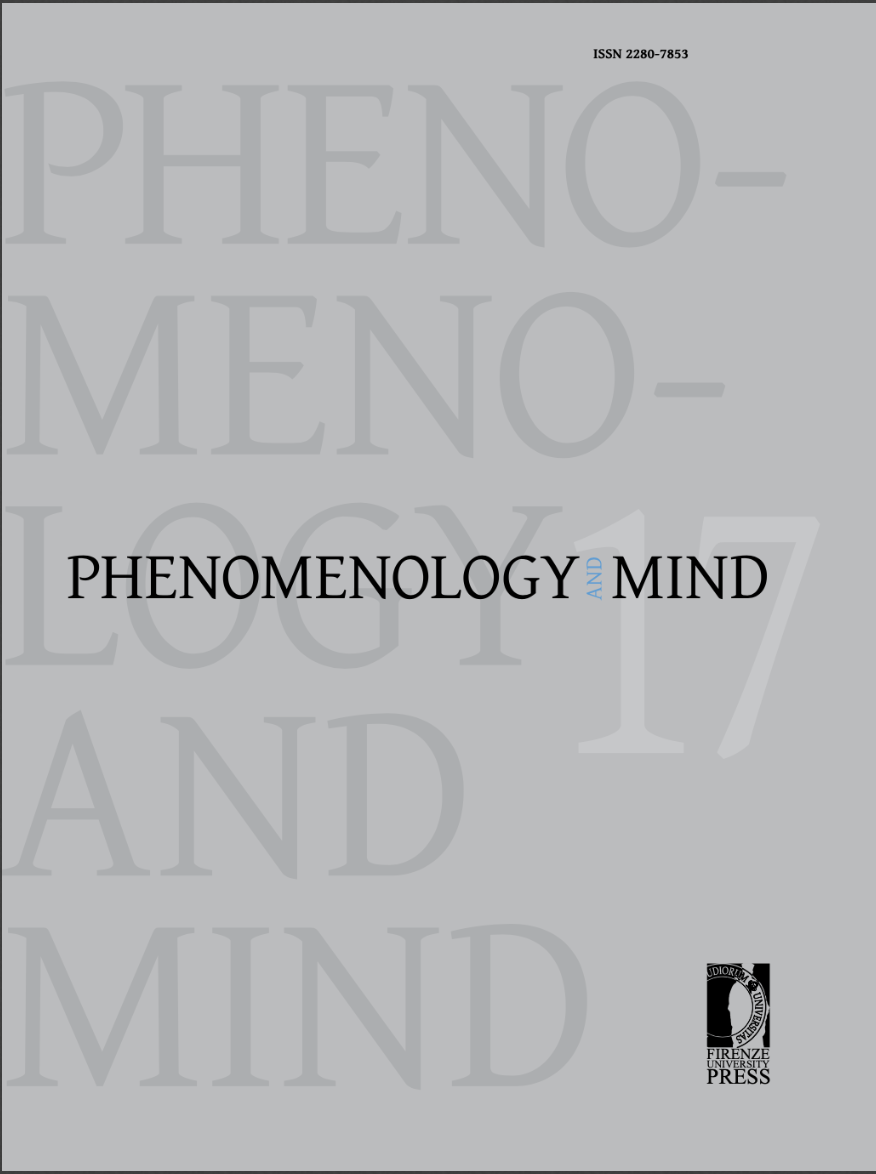Published 2016-11-27
Keywords
- agency,
- self-representation
How to Cite
Abstract
This paper deals with the question concerning the effects of the sense of self on agency, particularly the implications that a disharmonious sense of self can have for agency. Consciousness, as intimately connected with a sense of self has a unique status in being accessible both from a first-person and a third-person perspective. A study of self therefore requires phenomenological approaches as well as neurological, psychological or sociological ones. A promising approach to understanding how the sense of self affects agency is studying pathologies. Such studies support the view that both the sense and the conception of self as unified and as an initiator of agency are valued, while a sense of conflict or dissonance is avoided. The frequency with which confabulations occur in pathologies of self can be taken as an indicator that distortions of perception, memory and narration are considered a fair price to pay to counteract a sense of diffused self. The picture or narrative of the self that is thereby produced necessarily involves a sense of what the individual regards as good. However a strong urge to maintain an idealised, unified and stable picture of self and agency may involve the danger that mechanisms used against a diffusion of the self misrepresent both self and the other.

